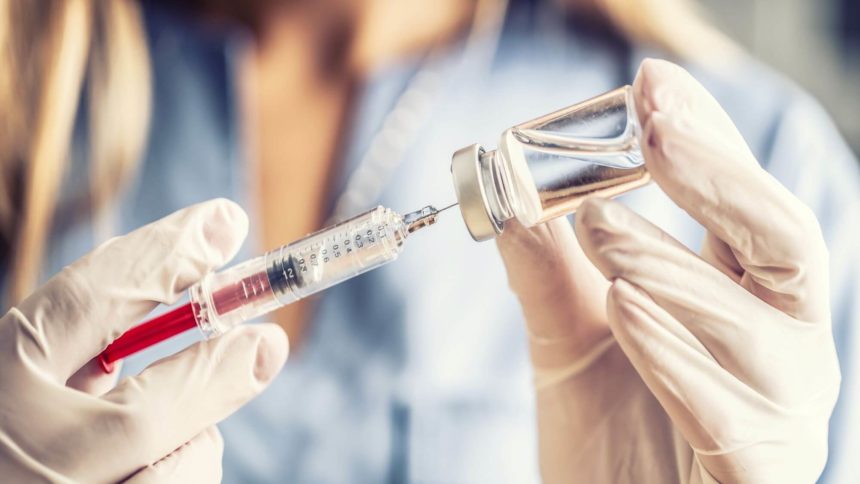
The COVID-19 pandemic will continue to be a public health threat for at least three months, according to the chair of Johns Hopkins University’s Emergency Medical Department.
“It’s a battle of time against whether the (COVID-19) variants take hold,” Gabor Kelen, M.D., told National Association for Home Care & Hospice (NAHC) members during a virtual town hall meeting Wednesday.
Kelen said about 50% of infections in the U.S. now stem from the B117 variant that originated in the United Kingdom, but the vaccines being used here have been effective.
“Pfizer, Moderna and J&J (Johnson & Johnson) show pretty reasonable effectiveness against (the new variants). You may get some symptoms, but probably not hospitalization, no ICUs, no deaths. I think that’s a pretty good deal,” Kelen said.
Johns Hopkins Home Care Group says it has been addressing vaccine hesitancy with its staff over the past few months in a variety of ways — including quarterly town hall meetings, emails, an intranet site, an employee call center and the university’s own public website. Executive Director Penny Carey said the effort is paying off since about 75% of all Johns Hopkins medical personnel have now been vaccinated.
According to the Centers for Disease Control and Prevention, about 85 million Americans have been vaccinated against COVID-19 so far. That’s about 25% of the overall population and 44% of people 65 and older.
Kelen said vaccines may not be as effective for those who are immunocompromised, but have proven to be effective for people with autoimmune disorders or allergies.
Kelen said it’s highly likely COVID-19 will require annual booster vaccinations and urged home care workers to get the vaccine and to not be choosy about which kind.
“My advice: if you’re offered a vaccine, take it,” Kelen said.


